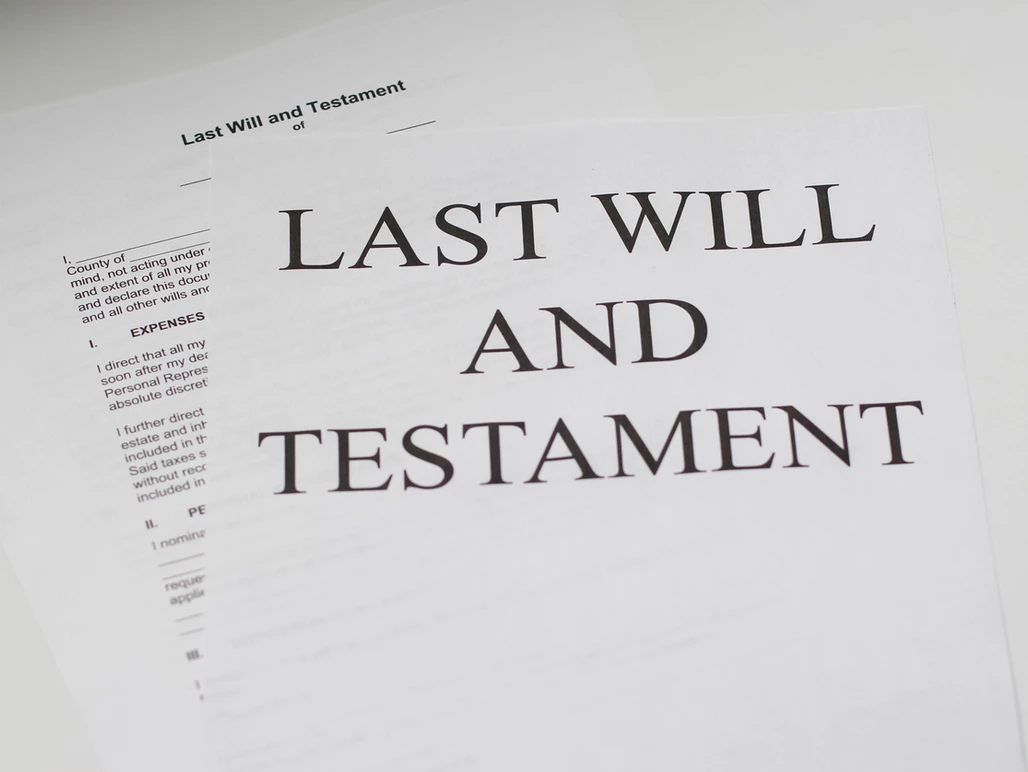To take control of your future, there are three key estate planning documents that every adult should have. Those documents are a last will and testament, a durable power of attorney, and an advance directive.
Last Will and Testament
A last will and testament is a written legal document that indicates how your property will be distributed after your death and records your funeral wishes.
This document can also make arrangements for your minor children, provide for your pets and decide how debts and taxes are to be paid. A personal representative must be appointed to execute your will.
In addition, a will must go through probate to ensure that a valid will has been created and that your property is distributed according to your will. Dying without a will is called dying intestate, where the laws of your state will govern how your property will be distributed amongst your relatives. This could go against your wishes, so it’s best to have a will before your death.
Durable Power of Attorney
A durable power of attorney is a written legal document that gives someone the power to perform specific acts on your behalf.
For example, these powers can include handling business or financial transactions, making investment decisions and managing your property. There are two types of a power of attorney: durable and springing.
A durable power of attorney goes into effect as soon as you sign the document and a springing power of attorney goes into effect after a certain event.
Advance Directive
An advance directive, also known as a living will, is a written legal document that gives someone the authority to make health care decisions for you.
This is an effective tool if you are unconscious or mentally incapable to make decisions about your medical condition, treatment and care.
This document also includes a HIPAA waiver where you give your medical physicians the authority to disclose medical information to specific family and friends.


